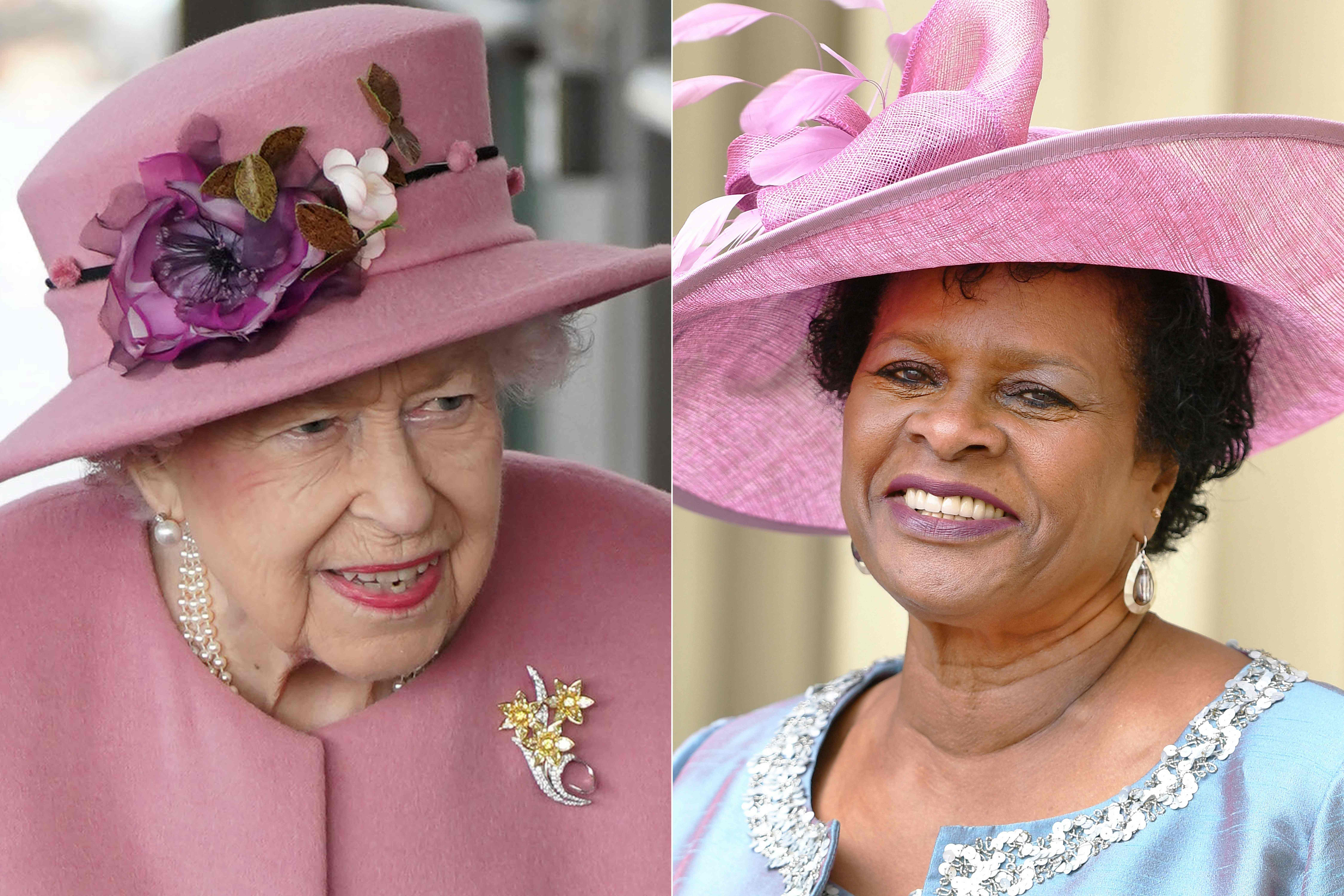Barbados elects first-ever president to replace Queen Elizabeth as head of state
The landmark election was hailed as a ‘seminal moment’ for the nation

Your support helps us to tell the story
From reproductive rights to climate change to Big Tech, The Independent is on the ground when the story is developing. Whether it's investigating the financials of Elon Musk's pro-Trump PAC or producing our latest documentary, 'The A Word', which shines a light on the American women fighting for reproductive rights, we know how important it is to parse out the facts from the messaging.
At such a critical moment in US history, we need reporters on the ground. Your donation allows us to keep sending journalists to speak to both sides of the story.
The Independent is trusted by Americans across the entire political spectrum. And unlike many other quality news outlets, we choose not to lock Americans out of our reporting and analysis with paywalls. We believe quality journalism should be available to everyone, paid for by those who can afford it.
Your support makes all the difference.Barbados elected its first-ever president on Thursday, dropping Queen Elizabeth as the head of the state 55 years after independence from Britain.
Dame Sandra Mason, the governor general of the Caribbean nation which is set to become a republic, will be sworn in on 30 November when the country marks the 55th anniversary of independence from Britain.
Ms Mason, 72, was elected late on Wednesday after a joint session of the House of Assembly and the Senate voted in a two-thirds majority with only one member declining to vote.
The landmark election was hailed as a “seminal moment” for the nation by prime minister Mia Mottley.
“We have just elected from among us a woman who is uniquely and passionately Barbadian, does not pretend to be anything else [and] reflects the values of who we are,” Ms Mottley said after election.
Ms Mottley said the move is not to denounce its British past. “We look forward to continuing the relationship with the British monarch,” she said.
The government had announced to “fully leave our colonial past behind” last year amid global debate on racial injustice and colonialism. The nation with less than 300,000 inhabitants has maintained ties with the British monarchy and was recognised as an independent state under the Commonwealth real of the queen. But people in the island nation called for full sovereignty and homegrown leadership in recent years.
Ms Mason was the first woman to serve on the Barbados Court of Appeals and served as governor-general since 2018.
An editorial in the Barbados Today read: “Dame Sandra has been and continues to be an exemplary daughter of the soil.”
Wazim Mowla of the Atlantic Council think tank told Reuters that the move will benefit Barbados both at home and abroad. He said the small developing country will become a more legitimate player in global politics and could also serve as a “unifying and nationalistic move” that may benefit its current leadership at home.
“Other Caribbean leaders and their citizens will likely praise the move, but I don’t expect others to follow suit,” Mr Mowla added. “This move will always be considered only if it is in the best interest of each country.”
Barbados is not the first former British colony in the Caribbean to remove the Queen to become a republic. Guyana became republic in 1970 within four years after gaining independence while Trinidad and Tobago followed the footsteps in 1976. Dominica followed suit in 1978. Barbados' decision has intensified the debate in Jamaica if the country should leave the monarchy.
Barbados took another step towards independence from the UK in 2003 when it replaced the London-based Judicial Committee of the Privy Council with the Caribbean Court of Justice, located in Trinidad and Tobago’s Port of Spain, as its final appeals court.
Join our commenting forum
Join thought-provoking conversations, follow other Independent readers and see their replies
Comments